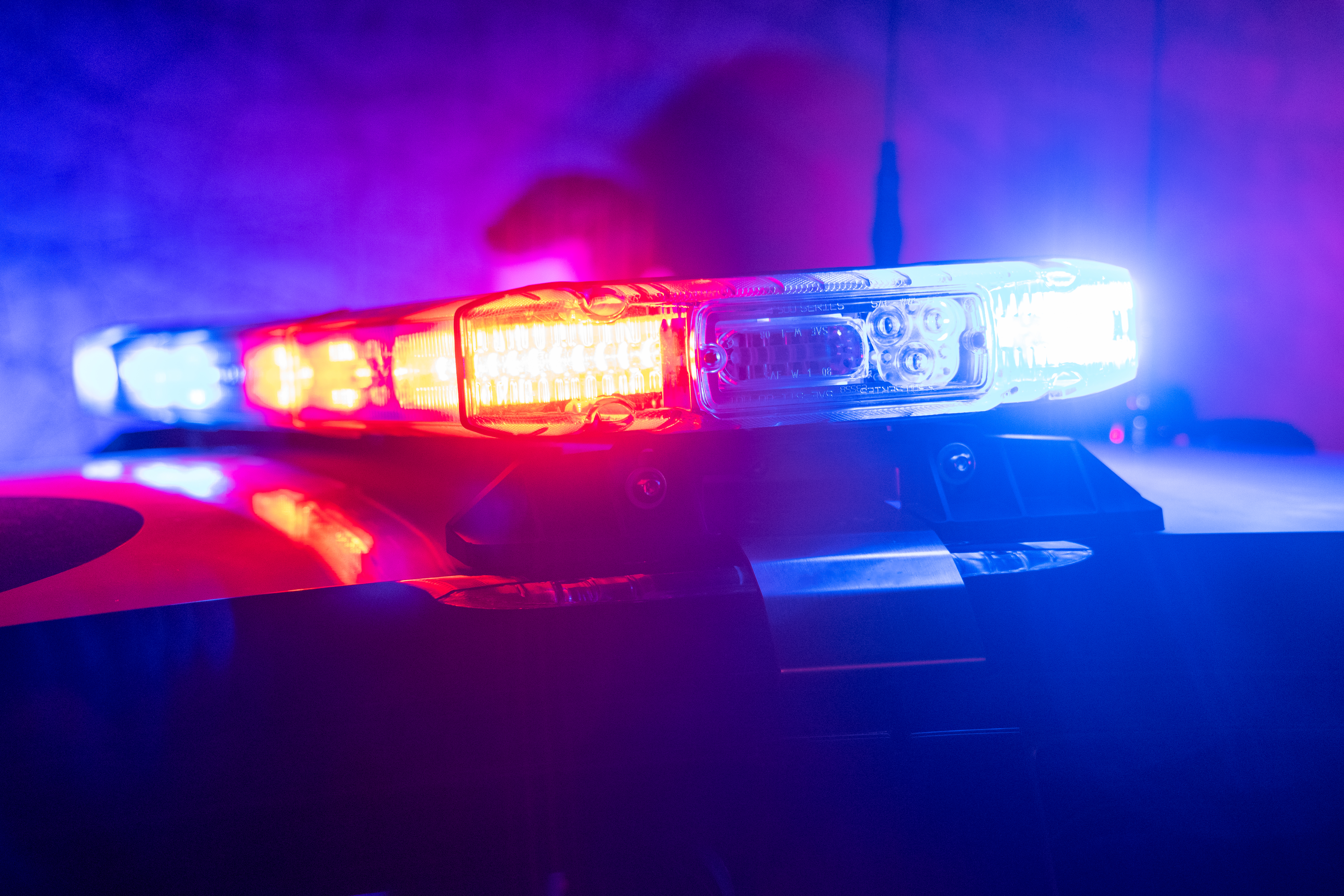Researchers at the University of Illinois College of Medicine are collaborating on a landmark study that will look into the causes of so-called “long COVID,” as well as ways to potentially prevent and treat the illness.
According to a press release by the U of I’s campus in Peoria, the work will pair up scientists from the school’s Peoria and Chicago campuses, with $22 million in funding from the National Institutes of Health to back the project.
According to a press release, the project will also involve public health departments, health care providers and community-based organizations as it moves forward.
Researchers have been stepping up their efforts to determine ways to combat or even prevent “long COVID,” which has led to a wide variety of symptoms in patients, including:
-Tiredness or fatigue
-Difficulty breathing
-Cough
News
-Chest pain
-Fast-beating or pounding heart
Feeling out of the loop? We'll catch you up on the Chicago news you need to know. Sign up for the weekly Chicago Catch-Up newsletter.
-“Brain fog”
-Sleep problems
-Pins-and-needles feelings
-Depression or anxiety
Researchers say they will explore factors that might protect against long COVID, and what interventions are required to help those suffering from the ailment.
In Peoria, OSF’s HealthCare Saint Francis Medical Center will serve as a recruitment and testing base for the study. The Peoria County Health Department will also assist in outreach for potential patients to participate in the study.
To be eligible for the study, patients must:
-Be 18 years or older
-Have experienced a recent COVID infection within the last three weeks, OR have never had COVID
Officials say that there is no cost to participate in the study, and both vaccinated and unvaccinated participants will be accepted.
Participants will be asked to fill out a survey about their health, and will receive a brief physical exam. Lab tests will be performed every three-to-six months over a period of two years.
More information on how to participate in the study can be found on the University of Illinois’ website, or on the ILLInet Recover website.



